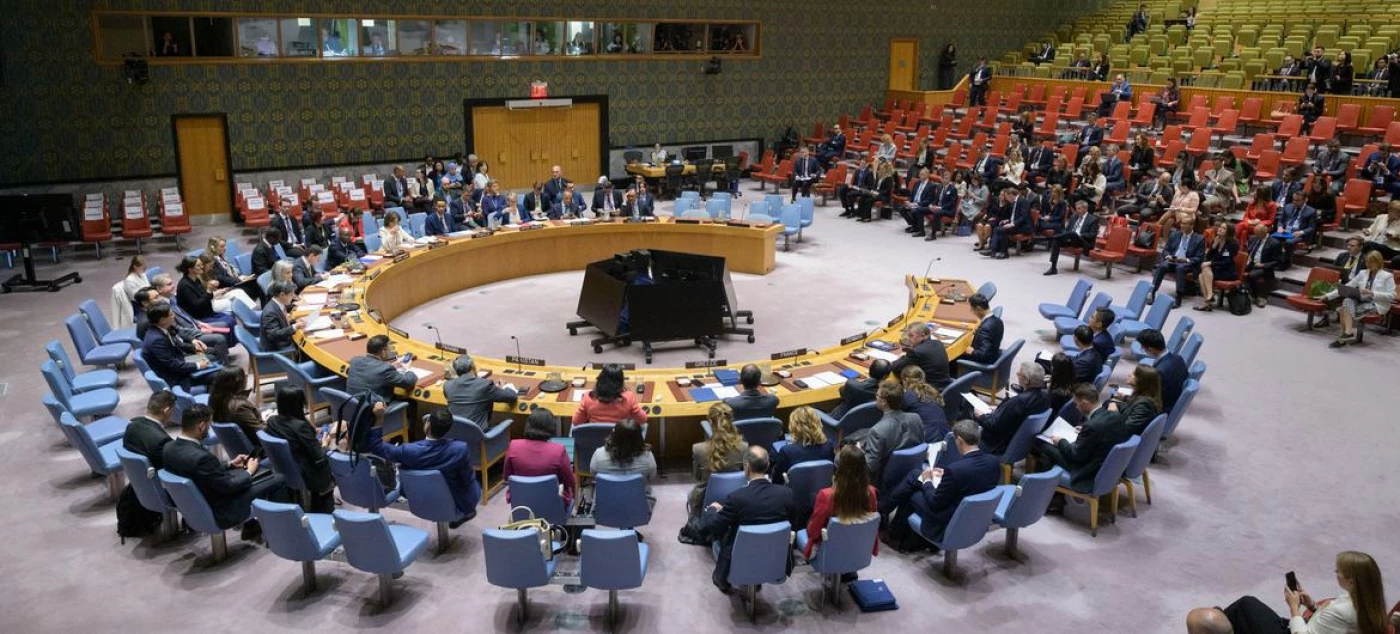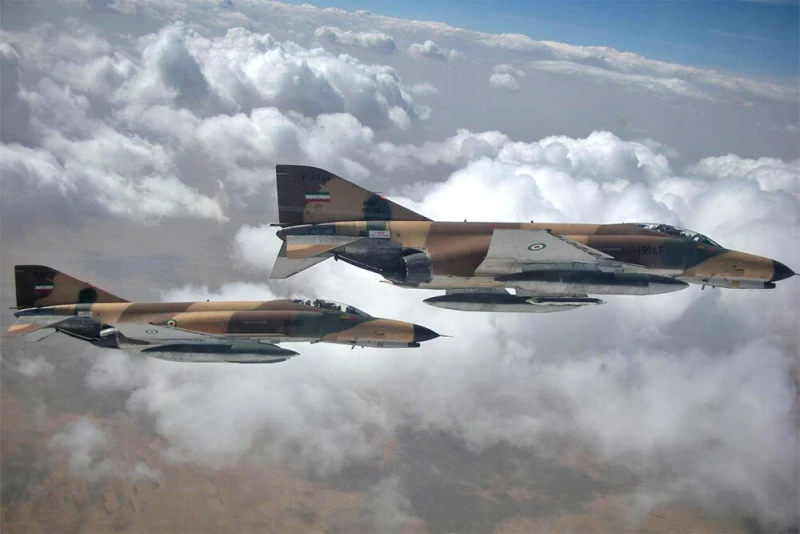ERBIL, Kurdistan Region of Iraq - The UN Security Council on Friday voted against a Russian and Chinese request to delay the reimposition of crippling sanctions on Iran over its nuclear program, ultimately voting to proceed with the sanctions in a move strongly denounced by Tehran.
The sanctions are set to resume after Britain, France, and Germany triggered the “snapback” process, accusing Iran of non-compliance with the 2015 nuclear deal, also known as the Joint Comprehensive Plan of Action (JCPOA). The snapback mechanism permits the reactivation of UN sanctions if Iran is deemed in violation of its nuclear obligations.
Despite Moscow and Beijing’s efforts to delay the reimposition of sanctions, they look set to take effect and will introduce a global ban on working with companies and individuals accused of working with Iran’s nuclear and missile programs.
“The UN Security Council has voted down an effort by China and Russia to extend sanctions relief to Iran for six months under the nuclear deal,” it said on Friday, adding that the snapback mechanism “remains in force, which will see sanctions reimposed on Tehran this weekend, following the termination of the JCPOA.”
On Saturday, Iranian state TV said that the country summoned its envoys to the UK, France, and Germany “for consultations” after “the irresponsible action of the three European countries to reinstate repealed UN Security Council resolutions.”
Iranian Foreign Minister Abbas Araghchi stressed that while the United States “betrayed diplomacy,” the E3 (Britain, France, and Germany) “buried it.”
“Iran categorically rejects weapons of mass destruction, including nuclear weapons,” Araghchi asserted, with Western powers routinely accusing Tehran of seeking to acquire nuclear weapons.
Iranian state media claimed that the decision is an extension of “Washington and its European allies' hostile policies against the Islamic Republic of Iran,” adding that “the West once again chose the path of confrontation instead of diplomacy.”
Ahead of the vote, Ali Larijani, secretary of Iran’s Supreme National Security Council, stated that if the snapback mechanism is reactivated, “Iran will suspend cooperation with the International Atomic Energy Agency (IAEA).”
On September 9, Araghchi signed an agreement with the IAEA in Egypt’s Cairo, allowing the UN nuclear watchdog access to Iranian nuclear facilities and resuming work in the country after suspending cooperation with the agency in the wake of the 12 Day War with Israel.
Iran has repeatedly threatened to withdraw from the Nuclear Non-Proliferation Treaty (NPT) if the snapback mechanism takes effect.



 Facebook
Facebook
 LinkedIn
LinkedIn
 Telegram
Telegram
 X
X


